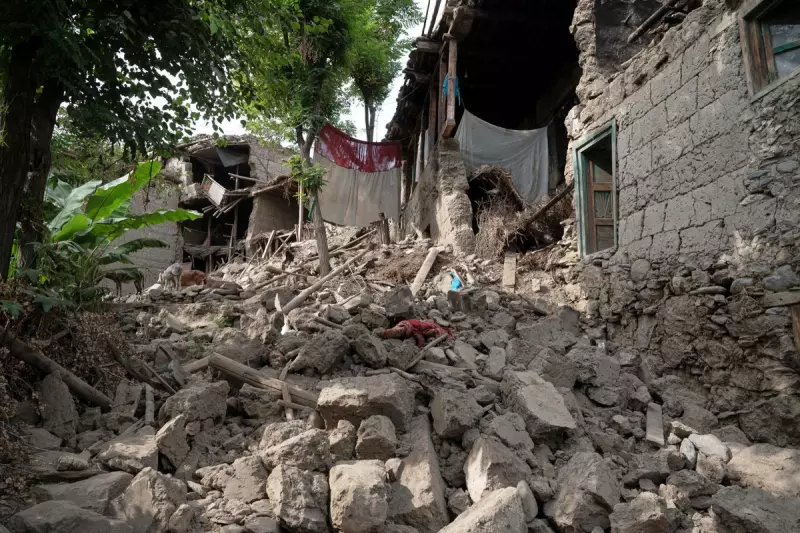
In a move that sends shockwaves through the international community, Chinese President Xi Jinping has formally accepted the credentials of the Taliban-appointed ambassador to Beijing, Asadullah Bilal Karimi. This act, confirmed by Chinese state media, marks a significant and controversial step towards legitimising the Taliban's rule in Afghanistan.
The ceremony, which took place in Beijing's Great Hall of the People, positions China as the first major power to engage with the Taliban at such a high diplomatic level since the group's return to power in 2021. This bold manoeuvre starkly contrasts with the West's continued refusal to recognise the Afghan government.
A Strategic Pivot in Global Politics
Analysts view this development as a calculated strategic play by Beijing. By deepening its ties with Kabul, China secures a crucial ally in a volatile region and gains a significant advantage in the so-called "New Great Game" for influence in Central Asia.
This engagement is heavily driven by economic interests, particularly China's massive Belt and Road Initiative (BRI). A stable, friendly Afghanistan is seen as a vital corridor for trade and infrastructure projects connecting China to the Middle East and beyond.
Western Isolation vs. Chinese Engagement
The diplomatic acceptance places China in direct opposition to the United States and its allies, who have frozen billions in Afghan assets and refuse to recognise the Taliban-led government, primarily over its harsh treatment of women and girls and human rights record.
China's foreign ministry has defended its position, advocating for "dialogue and communication" with the Afghan government and urging the international community to support the country's reconstruction. This approach highlights the growing geopolitical fissures between Western powers and an increasingly assertive China.
For the Taliban, this represents a monumental diplomatic victory, offering a lifeline of political legitimacy and potential economic support as the nation grapples with a severe humanitarian crisis.





